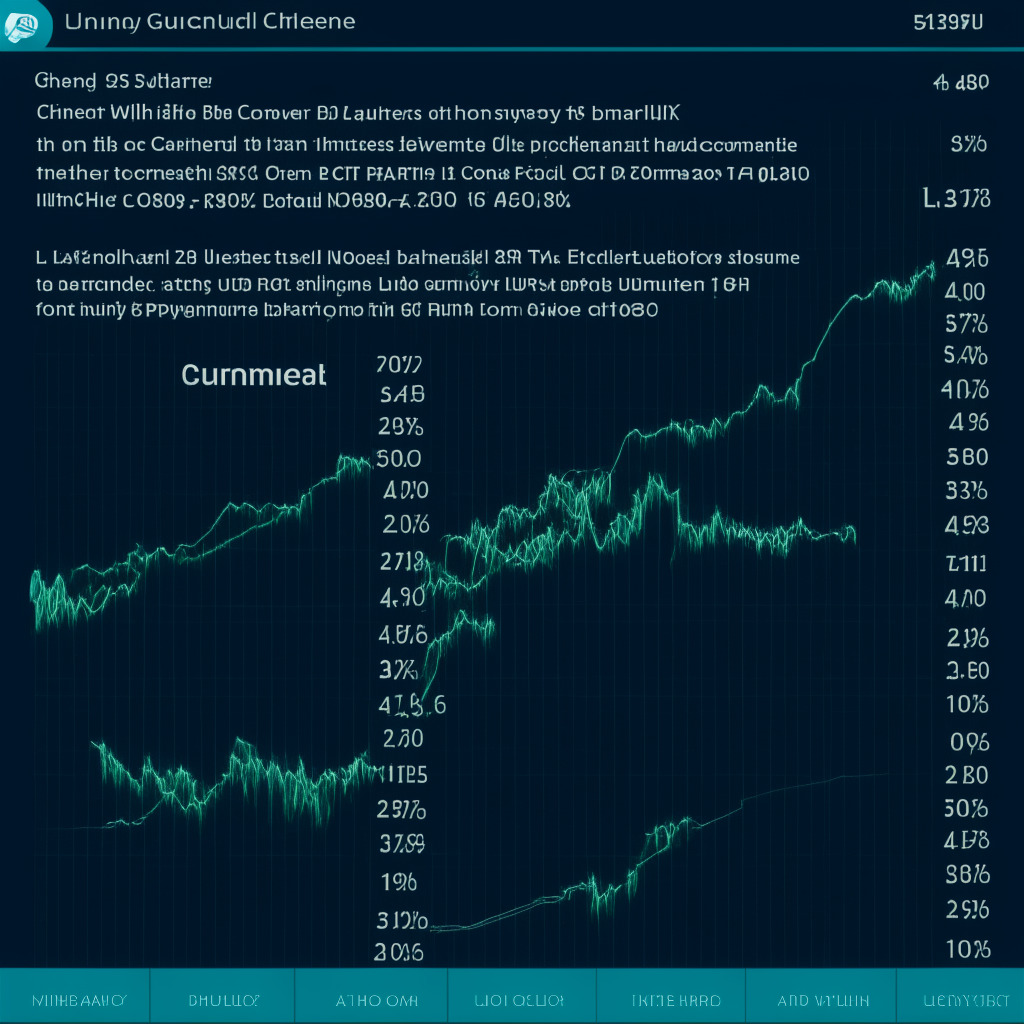In light of recent regulatory developments, Bybit has decided to exit the Canadian market, making it the latest cryptocurrency exchange to do so. In a Tuesday blog post, Bybit informed Canadians that by Wednesday, May 31, they will no longer be able to open accounts on its platform. Moreover, Canadian Bybit users will not be able to make deposits or trade after July 31. The exchange has advised users to close out their positions by September 30, after which the positions will be liquidated.
Numerous other exchanges have also decided to leave the Canadian market due to the regulatory atmosphere in the country. This includes major names like Binance, OKX, Paxos, dYdX, and Bittrex. These exits coincide with the Canadian Securities Administrators’ (CSA) urge for crypto trading platforms to either begin the process of registration or halt operations.
The CSA’s pre-registration requirements include crypto custody segregation, the presence of a chief compliance officer on staff, the abolishment of leveraged trading, and a ban on trading or holding stablecoins. Numerous firms that were not already registered have decided to forgo these requirements and leave Canada altogether.
However, not all exchanges have chosen to follow this path. Some have shown commitment to succeeding in a regulated Canadian market, with Coinbase taking a notably proactive approach. The US-based exchange has signed a pre-registration undertaking (PRU) on March 24 and pledged to work with Canadian regulators. Interestingly, Coinbase has even praised Canadian regulators, with Coinbase VP Nana Murugesan stating that Canada’s regulatory approach is better than that of the US due to clearer rules and engagement between the industry and regulators.
Like Coinbase, Kraken has also decided not to abandon the Canadian market and filed a PRU with regulators on March 30. Alongside these major players, Gemini and Shakepay, both US-based exchanges, have filed PRUs with the CSA. Montreal-based Shakepay recently gained regulatory approval in Canada and has been listed by the Ontario Securities Commission as one of the firms permitted to offer crypto products to Ontario residents.
Taking a closer look at this scenario, one can observe the opposing approaches taken by crypto exchanges with respect to the Canadian regulators’ requirements. While some firms opt to exit the market, abandoning potential growth opportunities, others see value in complying with these regulations and working closely with regulators to navigate the ever-evolving crypto landscape. This may be indicative of differing long-term business and risk management strategies that could either bring significant rewards or unexpected challenges down the line.
Source: Blockworks




